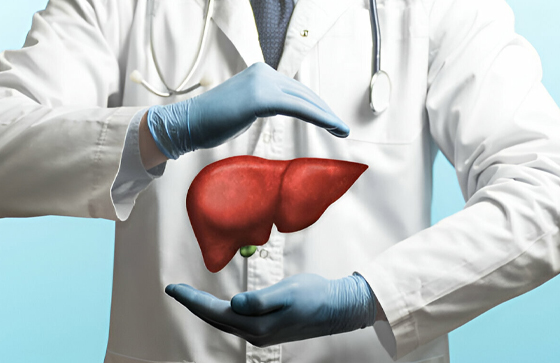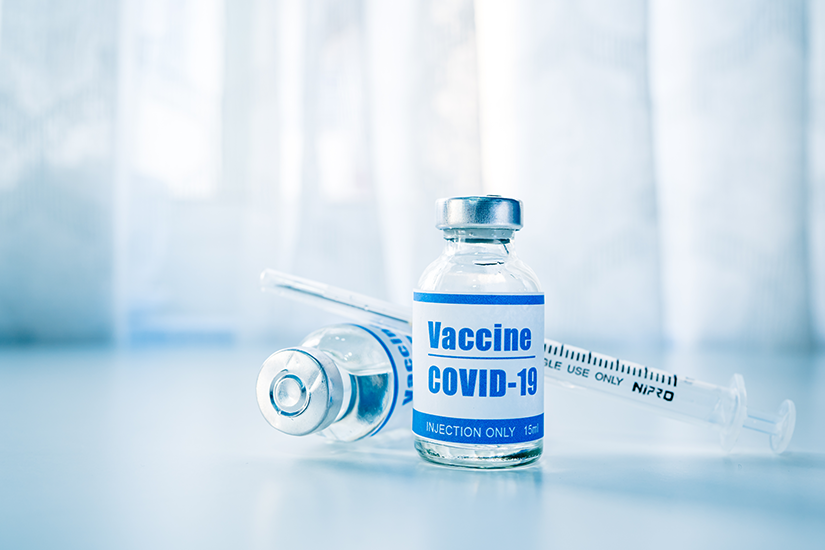- Emergency Ambulance Services
- 8606811111
- 0471-4077777, 0471-7177888
- gro@sutpattom.com
MASLD: Awareness, Prevention and Action
Metabolic Dysfunction-Associated Steatotic Liver Disease (MASLD), previously known as non-alcoholic fatty liver disease (NAFLD), is characterized by excess fat accumulation in the liver in individuals with little to no alcohol intake. It’s commonly linked with obesity, insulin resistance, metabolic syndrome, and type 2 diabetes. Key risk factors include obesity, type 2 diabetes, metabolic syndrome, a sedentary lifestyle, and an unhealthy diet. Symptoms often go unnoticed in early stages but can progress to fatigue, abdominal discomfort, and jaundice.
Prevention
1. Healthy Diet
- Include fruits, vegetables, whole grains, lean proteins, and healthy fats in daily diet.
- Limit sugar and processed foods.
2. Regular Exercise
- Aim for 150 minutes of moderate aerobic activity or 75 minutes of vigorous activity weekly.
3. Weight Management
- Maintain a healthy weight; even a 5-10% weight loss can reduce liver fat and inflammation.
4. Regular Check-ups
- Monitor liver function, blood sugar, cholesterol, and blood pressure, especially if at risk.
Action
1. Medical Management
- Medications should be followed as directed by the physician.
- Manage underlying conditions such as diabetes and hypertension.
2. Professional Support
- Consult dietitians for personalized diet plans.
- Regular follow-ups to monitor liver health.
3. Public Health Initiatives
- Increase public awareness through campaigns.
- Implement community programs promoting healthy lifestyles.
MASLD is a significant health issue influenced by lifestyle factors. Raising awareness, adopting preventive measures and proactive healthcare can significantly reduce its impact.
Summary: Metabolic Dysfunction-Associated Steatotic Liver Disease (MASLD) involves excess liver fat unrelated to alcohol intake, linked to obesity and diabetes. Prevention includes a healthy diet, regular exercise, and weight management. Regular check-ups and professional support are essential. Public awareness and health initiatives can help mitigate this growing health issue.
Dr. Hemalatha
Senior Consultant General Medicine
SUT Hospital, Pattom









